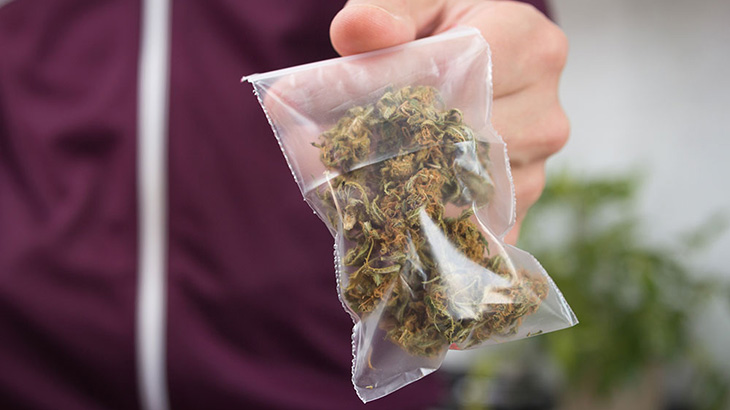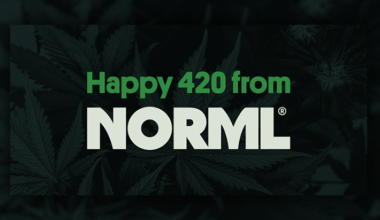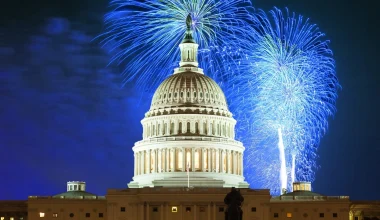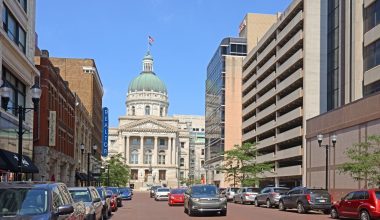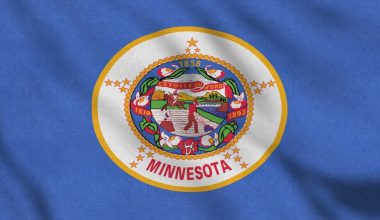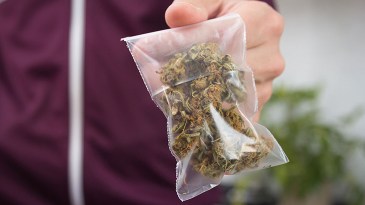
Drug interdiction efforts along the US border often involve the seizure of small quantities of marijuana and no other substances, according to a pair of recently issued reports.
The first report, published by the Government Accounting Office (GAO), analyzed Border Patrol data of 17,960 separate checkpoint seizure events from 2016 to 2020. Authors reported that “most drug seizure events involved only US citizens (91 percent), of which 75 percent involved the seizure of marijuana and no other drugs.” Of those seizures, 69 percent involved only personal use quantities of cannabis.
A separate analysis, published by The Dallas Morning News, reviewed arrest data compiled as part of Operation Lone Star – a Texas-sponsored border security program. Authors reported that roughly one out of every five arrests attributed to the nearly $4 billion program involved minor quantities of marijuana. Specifically, reporters determined: “In the Rio Grande Valley, a collection of South Texas counties that make up the state’s busiest immigration corridor, low-level marijuana possession is the most common arrest under Operation Lone Star. … The same is true in El Paso County and Webb County, where the city of Laredo is located.”
According to data previously provided by the US Drug Enforcement Administration, federal agents are no longer frequently making large seizures of marijuana along the southern border because “in US markets, Mexican marijuana has largely been supplanted by domestic-produced marijuana.”
It should be acknowledged that Border Patrol has jurisdiction to operate — including making stops, searches, and arrests — within 100 miles of the U.S. border. Since Border Patrol is part of the Department of Homeland Security and not an agency within the Department of Justice (like the DEA), it is not influenced by Attorney General Merrick Garland’s repeated statements that enforcement resources should not be used against those who are in compliance with state cannabis laws. This means that Border Patrol agents are free to enforce federal marijuana prohibition far from the border and in many cases within states that have made cannabis legal for adults.
NORML’s Political Director Morgan Fox said: “It is increasingly clear that the disconnect in cannabis policies extends beyond just the conflict between state and federal laws, but also leads to differences in how individual federal agencies behave. The simplest solution to address these conflicts is to remove cannabis from the schedule of federally controlled substances, but in the interim, the various arms of the federal government need to get on the same page and stop wasting valuable resources going after minor possession cases, especially in states where cannabis is legal for medical or adult use.”
Related
Medical Disclaimer:
The information provided in these blog posts is intended for general informational and educational purposes only. It is not a substitute for professional medical advice, diagnosis, or treatment. Always seek the advice of your physician or other qualified healthcare provider with any questions you may have regarding a medical condition. The use of any information provided in these blog posts is solely at your own risk. The authors and the website do not recommend or endorse any specific products, treatments, or procedures mentioned. Reliance on any information in these blog posts is solely at your own discretion.
